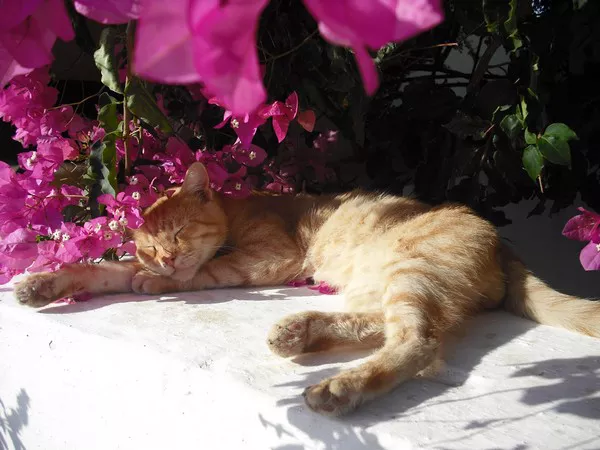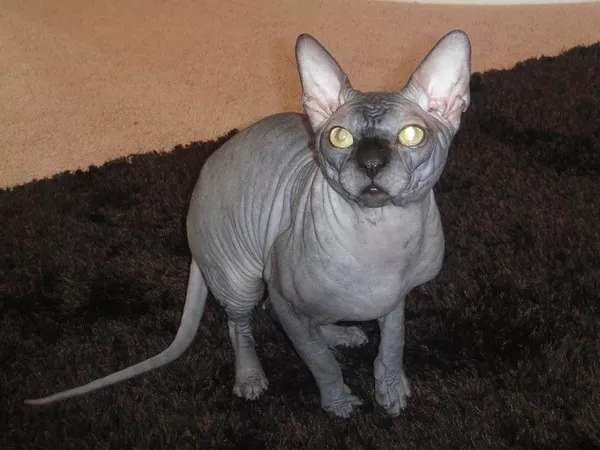The North Canterbury Hunting Competition, renowned for targeting feral cats as part of its conservation efforts, has seen a surge in hunter participation following a controversy that captured international attention. Last year, the event faced protests and media scrutiny, including critical comments from celebrities like Ricky Gervais. Despite this, the organizer Mat Bailey reports that the backlash has unexpectedly fueled greater interest and participation in the event.
The competition, which involves hunting feral cats—an invasive species in New Zealand—sparked significant debate regarding animal rights and conservation tactics. The 2023 event was initially canceled due to backlash but was reinstated weeks later, a decision Bailey describes as reinvigorating for the event. “It’s just giving us more and more energy and more drive to do our part for conservation because these animals need to die,” Bailey stated, emphasizing the environmental necessity of reducing feral cat populations.
Feral cats in New Zealand are known to have a devastating impact on local wildlife, including birds and native lizards, and are capable of spreading disease among livestock. Estimates suggest that feral cats kill up to 100 million birds annually nationwide. Last year, the competition removed 242 feral cats, a number they hope to exceed this year due to increased participation.
The feral cat hunting category will be open from April 30 until the competition concludes on June 30. Hunters are required to use humane box traps for capturing the cats, which are then checked for microchips to ensure no domestic cats are harmed. Disqualification is immediate if a microchipped cat is caught. The rules stipulate that cats must be euthanized humanely, using a minimum of a .22 rifle.
Bailey believes much of the controversy stems from misunderstandings about the ecological threat posed by feral cats, describing them dramatically as “the devil on methamphetamine” and comparing their predatory impact to that of a “mini-lion.”
Wayne Beggs, operations manager for the Department of Conservation’s kākāriki karaka, corroborated the severe impact of feral cats, citing multiple instances where native species suffered due to these predators. In one notable example, a single feral cat in Canterbury was found with 17 native skinks in its stomach, and only 30 percent of the endangered black stilt birds survived to adulthood in 2017 due to predation.
The competition also promises to contribute to local communities and conservation efforts, with plans to donate meat from fifty animals to food banks and distribute proceeds to various causes.
The event has garnered significant local support, with sponsors from across New Zealand contributing prizes, including a Hilux ute, a motorbike, thermal scopes, hunting trips, and cash awards. This support underscores a broad recognition of the hunting competition’s role in local conservation efforts, despite the controversies it attracts.
As the competition approaches, organizers and participants prepare for another year of intense, yet controversial, activity aimed at protecting New Zealand’s vulnerable native species from invasive predators.



























